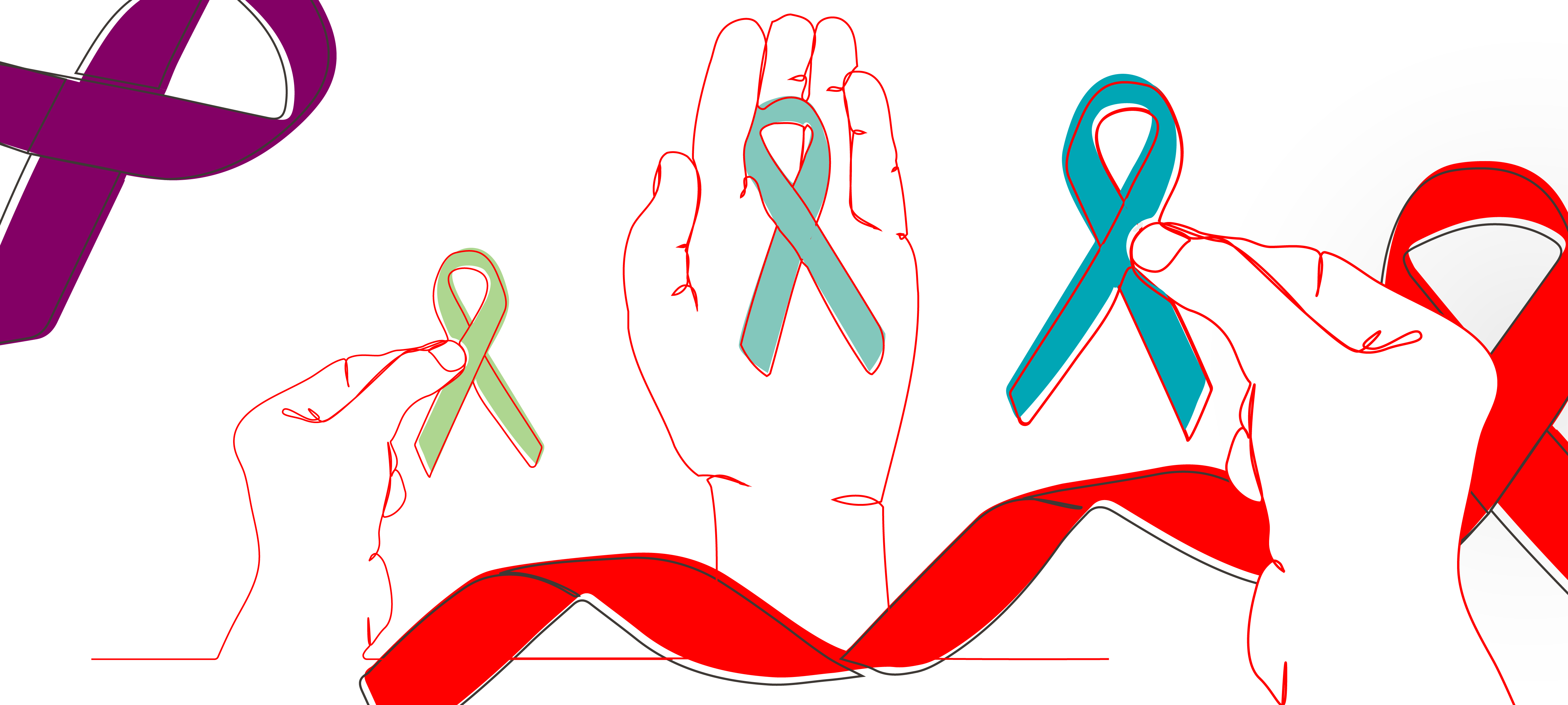The Rise of Teen Loneliness: How Can You Help?

Did you know just one indoor tanning session before the age of 35 increases your risk of developing life-threatening melanoma by 75%?1
As the researchers who discovered this put it, "the notion of 'responsible tanning' is, together with 'safe tanning,' mechanistically incongruous." Put simply, there is no such thing as a safe or healthy tan.
But that's just one of many lifestyle factors that contribute to cancer, according to the Third Expert Report (Diet, Nutrition, Physical Activity and Cancer: a Global Perspective).
The Report, developed in collaboration with the American Institute for Cancer Research and the World Cancer Research Fund International, was produced over a ten year period and was first published in 2018. To create the report, a multi-disciplinary panel of independent experts systematically reviewed decades of scientific research and evaluated evidence from hundreds of studies.
The Report provides a comprehensive and authoritative body of evidence on how lifestyle factors such as diet, nutrition, body weight, and physical activity can impact cancer risk and survivorship.
The WCFR/AICR Expert Panel authored a list of 10 recommendations to prevent cancer, each intended to be one part of a comprehensive package of modifiable lifestyle behaviors that, when taken together, promote a healthy pattern of diet and physical activity conducive to the prevention of cancer, obesity, and other non-communicable diseases.
Keep your weight within the healthy range and avoid weight gain in adult life. The evidence linking body fatness to cancer is overwhelming and has grown stronger over the past decade. Learn more here.
Be physically active as part of everyday life. Walking more and sitting less is a great way to reduce cancer risk. The more active you are, the greater the benefit. Learn more here.
Make whole grains, vegetables, fruits and pulses (legumes) such as beans and lentils a major part of your normal diet. A healthy pattern of eating and drinking is associated with a lower risk of cancer. Independent studies show that the more closely you follow this recommendation, the more you reduce risk of developing cancer. Learn more here.
Limiting these products helps you control your calorie intake and makes it easier to maintain a healthy weight. There is strong evidence that diets containing greater amounts of "fast foods" and other processed foods high in fat, starches or sugars are a cause of weight gain, overweight and obesity. Greater body fatness is a cause of 12 cancers. Learn more here.
Eat no more than moderate amounts (12-18 ounces per week) of red meat, such as beef, pork, and lamb. Eat little, if any, processed meat. There is strong evidence that eating red or processed meat are both causes of colorectal cancer. Learn more here.
Drink mostly water and unsweetened drinks. There is strong evidence that regularly drinking sugar sweetened drinks is a cause of weight gain, overweight and obesity. Greater body fatness is a cause of at least 12 cancers. Learn more here.
For cancer prevention, it is best not to drink alcohol. There is strong evidence that drinking alcohol is a cause of six cancers, and even one small glass of alcohol a day can increase the risk of some cancers. Learn more here.
Aim to meet your nutritional needs through diet alone. The report advises against the use of supplements as protection against specific cancers. Learn more here.
Breastfeeding is good for both mother and baby. It carries many health benefits, including the ability to reduce your chances of developing breast cancer. This recommendation aligns with the advice of the WHO and UNICEF, which recommends infants are exclusively breastfed for 6 months, and then up to 2 years of age or beyond alongside appropriate complementary foods. Learn more here.
Unless otherwise advised, and if you can, all cancer survivors are advised to follow the recommendations as far as possible. Always, check with your health professional about what is right for you. Learn more here.
The Report also recommends not smoking and avoiding other exposure to tobacco and excess sun as essential to reducing cancer risk.
If you think you are at risk of cancer, have cancer, are a cancer survivor, or just need help getting on the right path, please call your primary care provider. If you need help finding a provider or have additional questions, contact our Customer Experience Advocates team and they will help you through the process!
REFERENCES
Schulman, Joshua M, and David E Fisher. “Indoor ultraviolet tanning and skin cancer: health risks and opportunities.” Current opinion in oncology vol. 21,2 (2009): 144-9. doi:10.1097/CCO.0b013e3283252fc5
World Cancer Research Fund/American Institute for Cancer Research. "Diet, Nutrition, Physical Activity and Cancer: A Global Perspective." Continuous Update Project Expert Report, 2018.
American Institute for Cancer Research. "How to Prevent Cancer: 10 Recommendations."